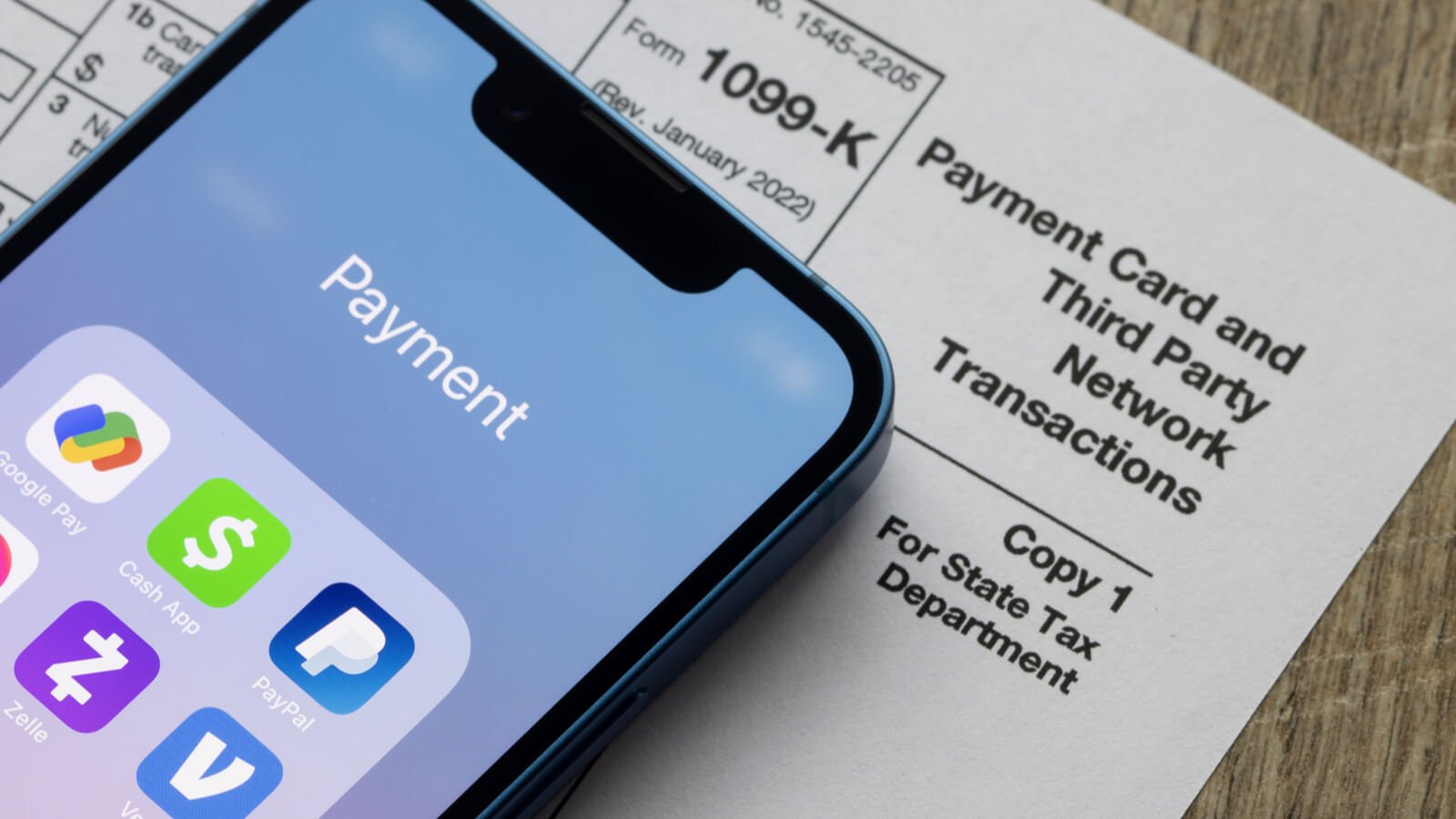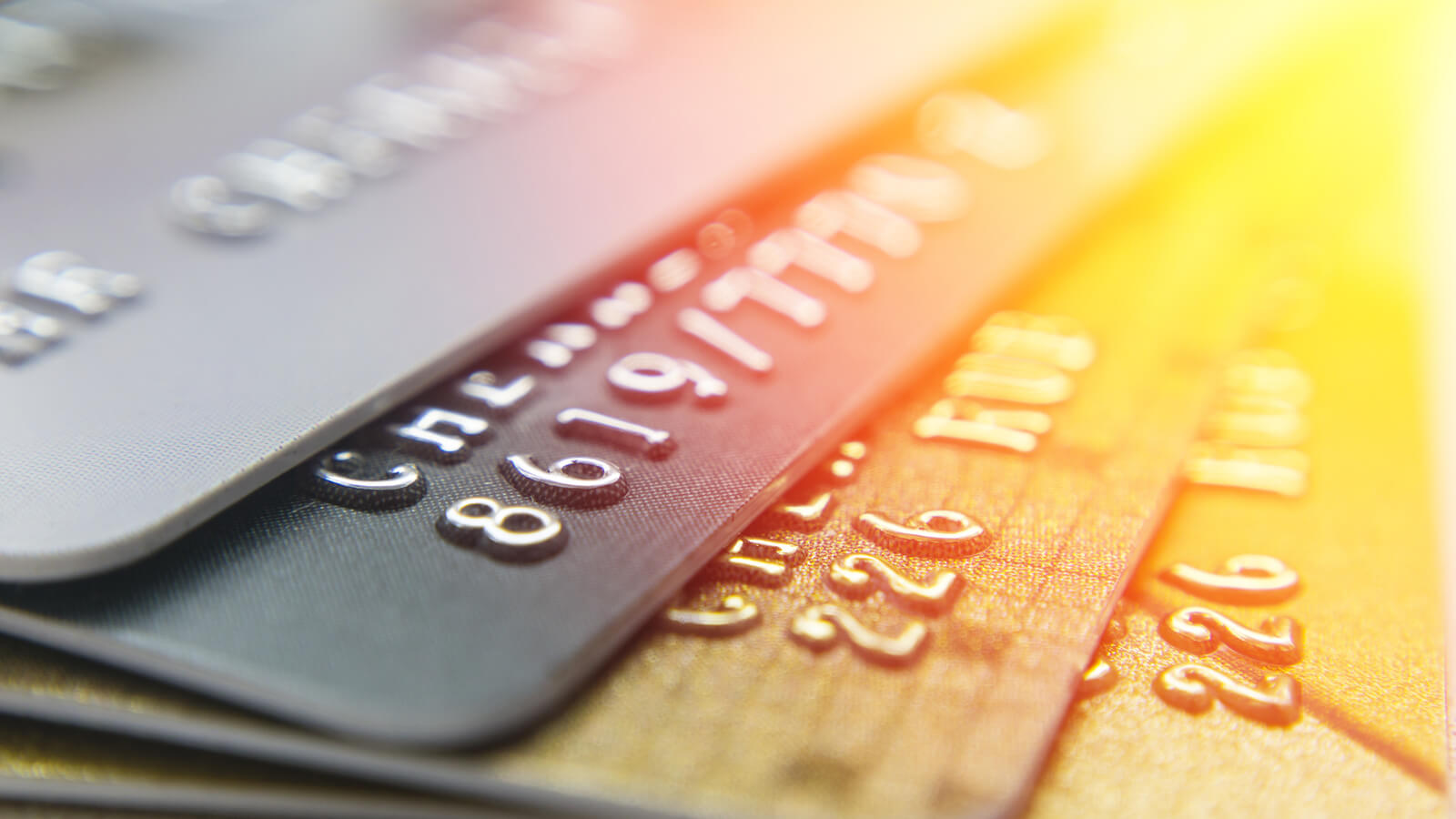Using different apps for personal and business payments can make doing your books and taxes a lot easier.
Receiving payment is an essential part of any business – so the right apps and methods you use to do it are crucial.
It’s common for many business owners to use their personal PayPal, Venmo or Cash App account to receive business payments when they’re starting out. Some even use all three as a way to cater to more customers.
However, this method makes your books harder to clean – and could even land you in legal trouble. Business owners should instead settle for one payment method like Stripe or Square to keep all of their business transactions organized.
So before you start receiving payments, keep these five best practices in mind to make sure you’re doing it as efficiently as possible – and you’re avoiding any tax or legal issues.
1. Avoid apps that could be used personally like PayPal and Venmo
Before you started your business, you probably used apps like PayPal and Venmo to request money back from your friends for dinner and other personal things. However, those apps should only be used personally and never for business purposes.
One issue with using personal payment processing apps like Venmo and PayPal is you’re more likely to mix your personal and business finances. That can cause both tax and legal trouble.
The IRS announced new reporting rules for certain payment processing apps that require them to issue Form 1099-Ks if you received $600 or more in business transactions. If you’re mixing payments often or mislabel any payments, you may be mistakenly taxed on personal payments.
There are ways payment processing apps like PayPal and Venmo can be used for business. They allow you to create business accounts, which can be suitable to accept business payments and keep your personal and business payments separate. However, it’s simpler to opt for a business payment processing app altogether.
2. Use apps meant for businesses like Stripe and Square
Instead of using personal payment processing apps like PayPal or Venmo to receive payment, use ones made solely for businesses like Stripe or Square.
You won’t have to worry about your personal payments getting mixed in there – which makes maintaining your books and filing your taxes much easier. It’s also easier for you to manage and saves you time since your friends’ dinner payments aren’t getting mixed in with your business transactions.
Both Square and Stripe are easy to use. Stripe is more common for e-commerce businesses, while Square is more popular for in-person businesses. They look and work differently than PayPal or Venmo, so it may help to have your bookkeeper or accountant teach you how to manage each platform.
3. Don’t use too many different business payment apps
Many business owners want to have as many different payment apps as possible to cater to a wider number of customers. This can make cleaning up your books for tax season even harder.
Choosing one app to receive payments is crucial for business owners to stay organized. Small businesses already have a lot of moving parts. Receiving payments through PayPal, Venmo, Cash App and other apps could overcomplicate your bookkeeping.
Just use one payment app to avoid these issues. Square and Stripe are likely the best options for you as a small business owner.
4. Automate your invoicing and collecting
When you look for a payment app as a business owner, automated invoicing and collecting are two important features.
As your operations and customer base grows, manually trying to send invoices and collect payments will quickly get overwhelming. Apps like Stripe and Square do a great job at automating this process for you – as opposed to business accounts from PayPal or Venmo – which saves you time and gets you your money faster.
To avoid any errors and ensure that your invoicing process is efficient, make sure everything is set up correctly on your end.
5. Keep your books up to date with payments
Cleaning your books regularly can help you spot any issues or inconsistencies on your payment apps. If you stay on top of your books, you’ll spend less time fixing mistakes.
Catching these issues sooner than later means you can take a closer look at a smaller number of transactions, so they’ll likely be more accurate. If you don’t have the time to go through your books on a monthly or quarterly basis, then it may be time to hire a bookkeeper.
In the case that a payment app issues your Form 1099-K incorrectly, up-to-date books can also help you get the form corrected.
The bottom line
Payment apps are an essential tool to keep your business payments organized. But it matters which apps you use and how you use them.
In general, business owners should avoid commonly used personal apps like Venmo and PayPal. Apps like Stripe and Square designed for businesses can help make receiving payments, cleaning books and doing taxes a lot easier.
Using payment apps incorrectly can cause you to mix up your personal and business finances – which can lead to IRS audits, legal trouble and more. Schedule a free call with a DiMercurio Advisors team member today to learn how to use these payment apps and start running your business with peace of mind.








